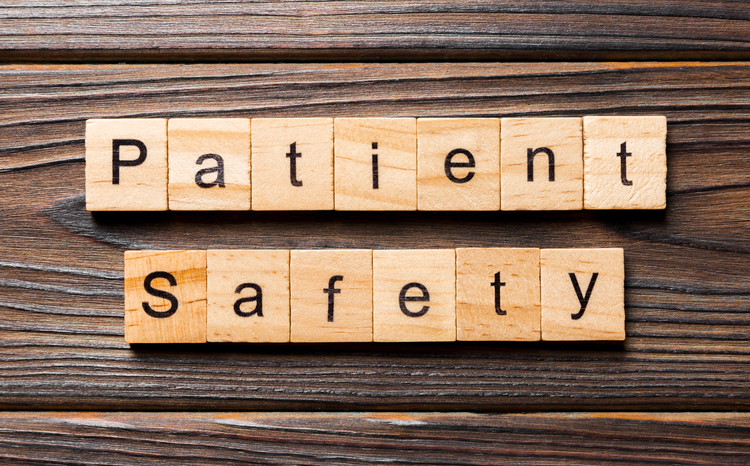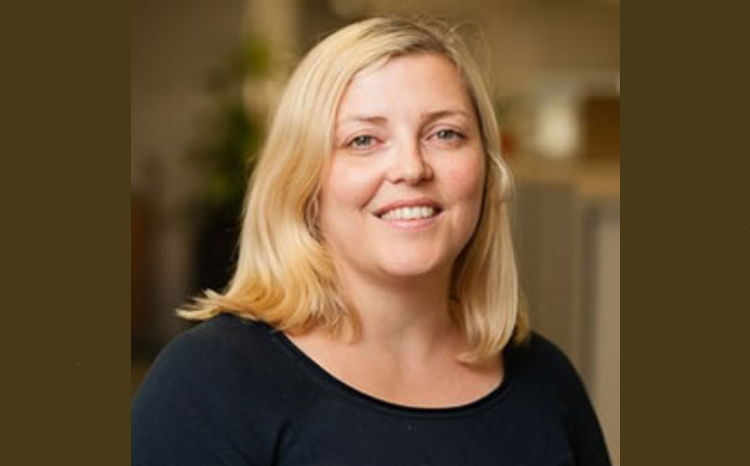AI system to identify unsafe care ‘before it becomes a tragedy’
- 30 June 2025

- The government is developing an AI early warning system on the FDP to identify unsafe care "before it becomes a tragedy"
- A new maternity outcomes signal system launch across NHS trusts from November 2025
- This will use near real-time data to flag higher than expected rates of stillbirth, neonatal death and brain injury
An AI early warning system is being developed on the NHS federated data platform to identify unsafe care “before it becomes a tragedy”.
A press release, published on 30 June 2025 by the Department of Health and Social Care (DHSC) said that work is underway to roll out the system, which will rapidly analyse healthcare data and ring the alarm bell on emerging safety issues.
DHSC added that the initiative is “on behalf of everyone whose healthcare has caused them unnecessary suffering – whether in scandals, or because they have received ineffective care from the NHS more broadly”.
A maternity outcomes signal system will launch across NHS trusts from November 2025, using near real-time data to flag higher than expected rates of stillbirth, neonatal death and brain injury.
When implemented, it could analyse hospital databases to identify patterns of abuse, serious injuries, deaths, or other incidents.
Streeting said: “While most treatments in the NHS are safe, even a single lapse that puts a patient at risk is one too many. Behind every safety breach is a person – a life altered, a family devastated, sometimes by heart-breaking loss.
“Patient safety and power are at the heart of our 10 year health plan.
“By embracing AI and introducing world-first early warning systems, we’ll spot dangerous signs sooner and launch rapid inspections before harm occurs.
“This technology will save lives – catching unsafe care before it becomes a tragedy.”
This follows the government’s commitment to a national investigation into NHS maternity and neonatal services announced on 23 June 2025, following a spate of high-profile care failings.
Professor Meghana Pandit, co-national medical director – secondary care in the NHS transformation executive team, said: “The NHS in England will be the first country in the world to trial an AI-enabled warning system to flag patient safety issues which will rapidly analyse routine hospital data and reports submitted by healthcare staff from community settings.
“The move will turbo-charge the speed and efficiency with which we identify patient safety concerns and enable us to respond rapidly to improve patient care.”
DHSC said that the Care Quality Commission (CQC) will deploy specialist inspection teams as soon as possible after concerns are flagged.
Sir Julian Hartley, chief executive of CQC said: “We will develop a stronger focus on all dimensions of quality, using data which we and partners hold on inequalities in access, experience, and outcomes to spot and act on risk earlier”.
He added that CQC is developing a “new clearer, simpler, assessment approach”, which will allow it to conduct more inspections and share feedback on the findings more quickly.
Commenting on the plans, Professor Nicola Ranger, general secretary and chief executive at Royal College of Nursing, said that the guaranteed way to improve care is to raise staffing levels.
“By the time an inspection takes place, it could already be too late.
“Technology will always have a role to play, but having the right number of staff on the front line of care is the place to start the investment to make patients safe,” she added.




